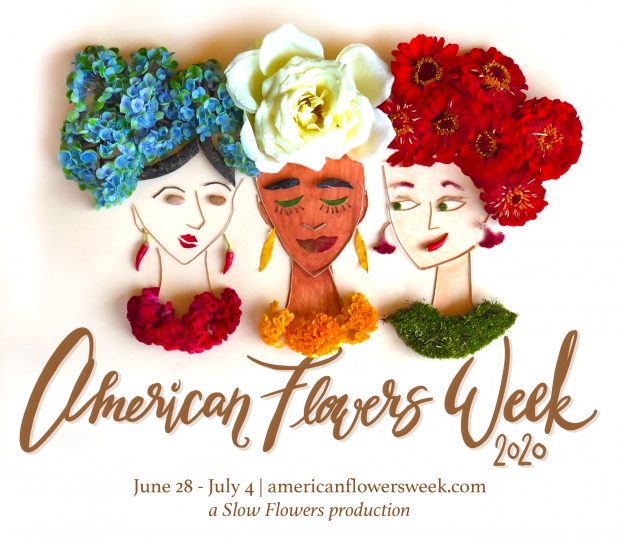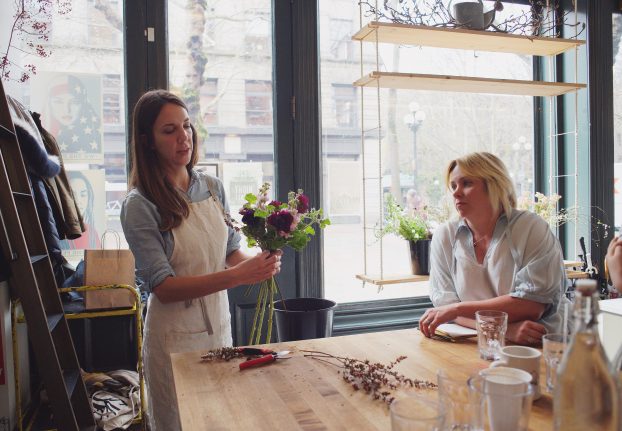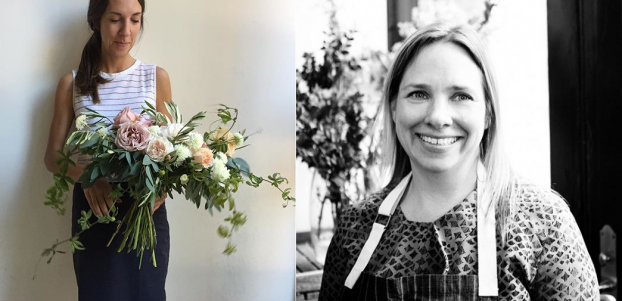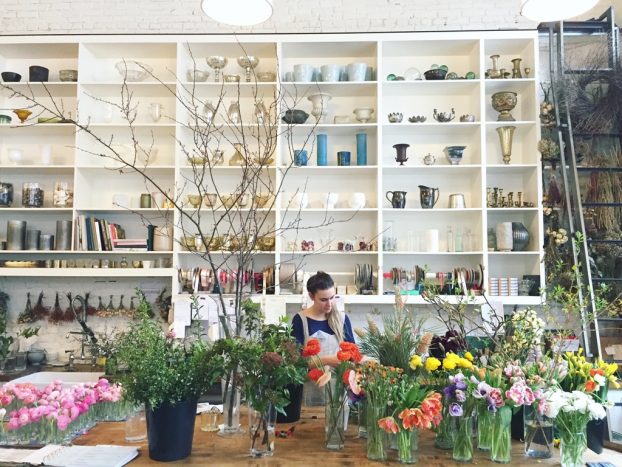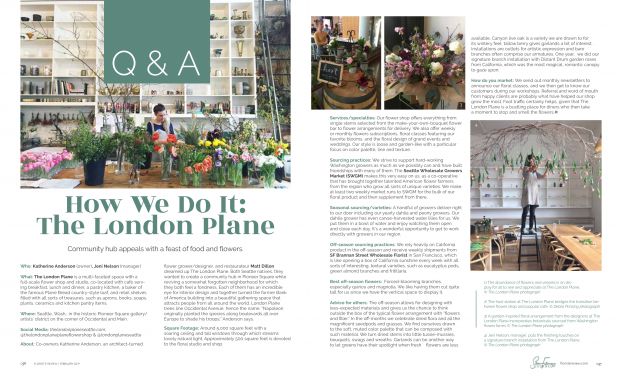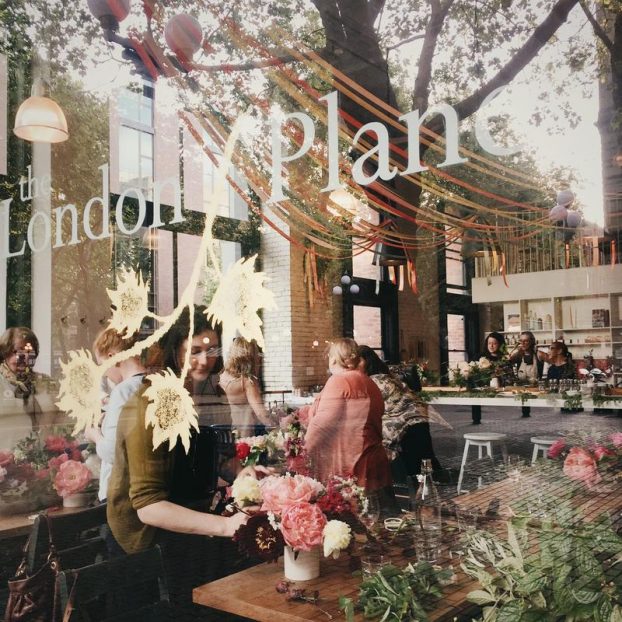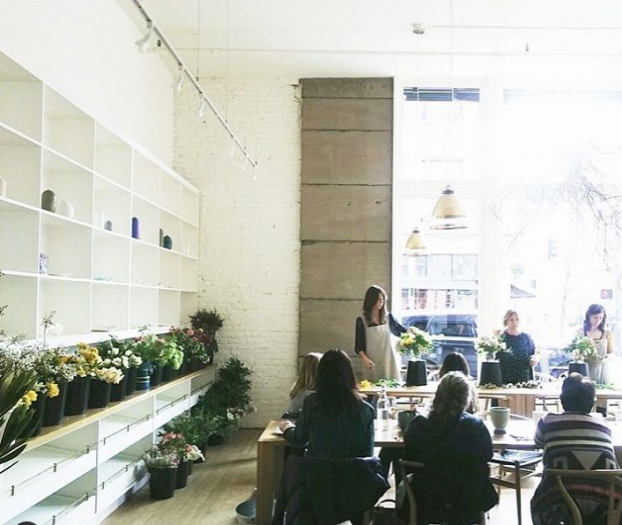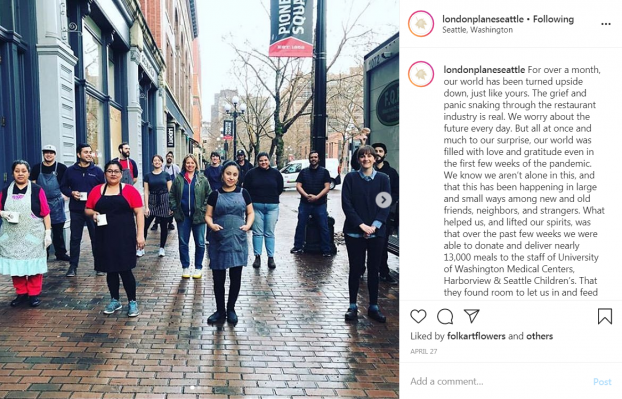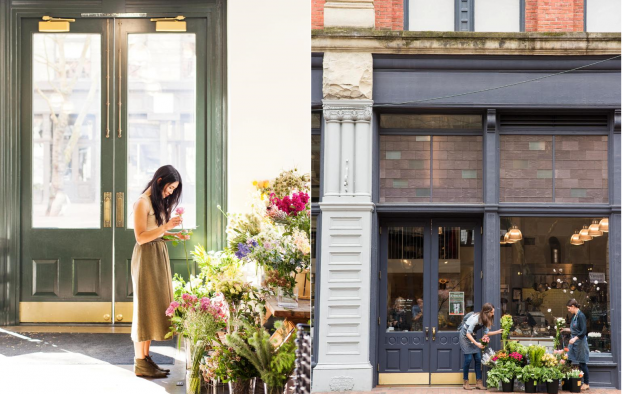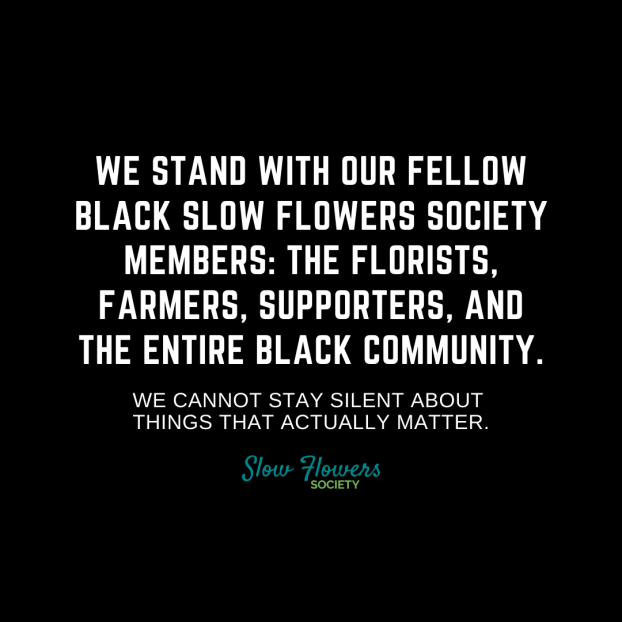Podcast: Play in new window | Download
Subscribe: Apple Podcasts | Podcast Index | RSS | More
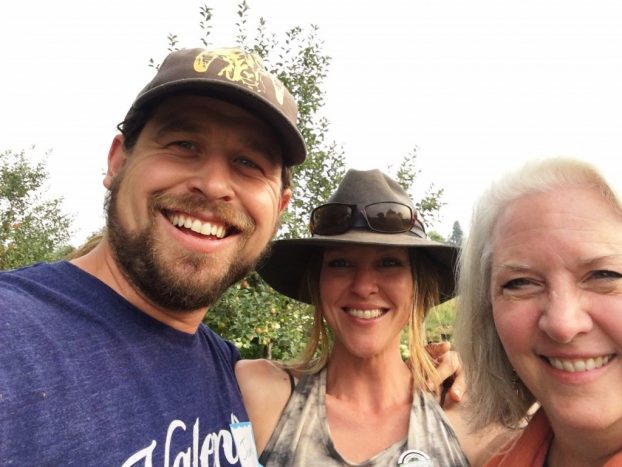
The conversation I recorded recently with today’s featured guest began much earlier this year. I learned so much from flower farmer Jamie Rogers, one half of Killing Frost Farm, while pulling together a segment of a lecture about flower farm diversification. And much of what Jamie and I discussed when I called him back in February was in some ways prophetic. At the time, we could not have predicted the COVID-19 pandemic and what it would mean to the floral marketplace.
Jamie and his partner Carly Jenkins founded Killing Frost Farm in Missoula, Montana, in 2012. Carly shared some of their story when I first interviewed her for the Slow Flowers Podcast, episode 296, aired in May 2017. I’ll be sure to share a link to that episode, and to a subsequent appearance when she and I discussed the woodland-inspired lichen and moss gown for American Flowers Week 2018, episode 355.
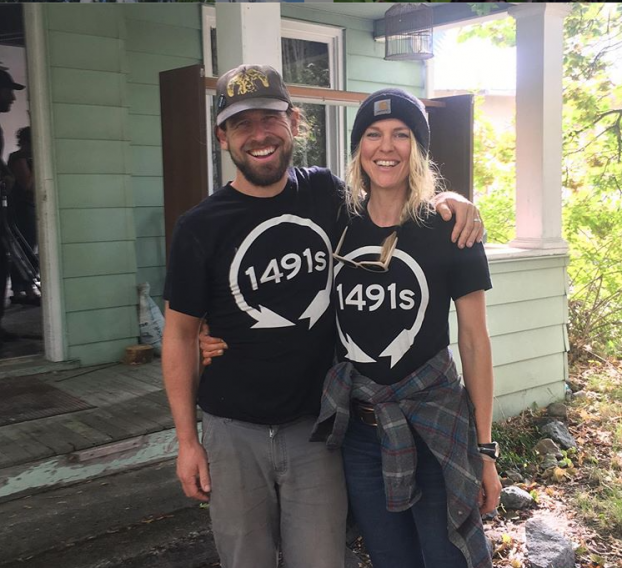
Here’s a bit of their background, which originally appeared on their website a few year’s back: In 2012, Carly and Jamie bought a house on a single city lot in Missoula’s Westside neighborhood. The soil was rocky, ant-infested and barren. They tilled, weeded, and with a truckload of compost, began growing tomatoes, herbs and flowers.
In 2014, the house next door went on the market, and after a bit of financial finagling, the couple made an offer. With more soil to work, their gardening ambitions grew, and before long, taking care of their plants was not only tough on schedules, but hard on the wallet. A financially savvy friend recommended Carly and Jamie find a way to form an LLC, sell some of what they grew and treat those mounting gardening expenses as a business expense. By the fall of that year, they grew their first batch of microgreens. A week after the ground was frozen, they delivered some to a neighborhood restaurant, and Killing Frost Farm was born.
When I first posted that introduction to Jamie and Carly, back in 2017, I concluded: A lot has happened since then, including forming established relationships with local chefs and growing other types of produce for them. Carly and Jamie also upped the number of flower beds and sold edible flowers . . . before narrowing their focus to cut flowers for floral arrangements.
As they wrote on their web site: “It has been a frightening, stress-inducing, humbling ride so far, but it’s allowed us to quit our old jobs and spend our days working in dirt, together.”
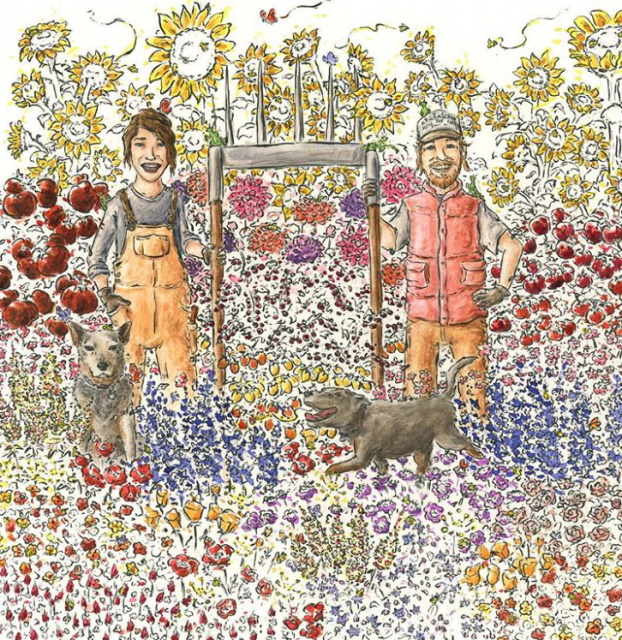
Today’s episode will catch you up on what Jamie and Carly have been up to in the past few years. They moved to Potomoc, a town about a 30-minute drive east of Missoula, where Killing Frost now has 2-plus acres for its cut flower production.
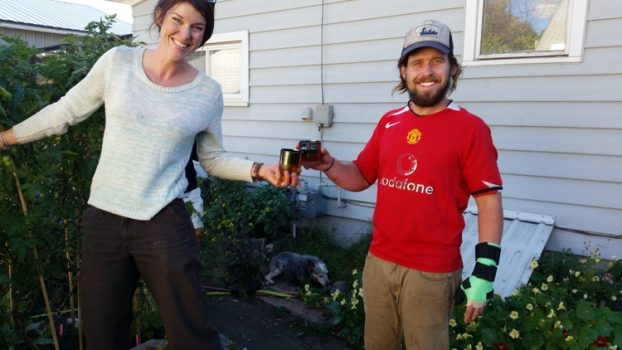
As you’ll hear in this conversation, the couple now focuses almost entirely on selling flowers wholesale through their weekly Market in Missoula, where florists can shop off the floor and pick up pre-orders. To grow, they began in earnest delivering flowers to customers (studio and retail florists) in Butte, Bozeman, Helena and often to other markets when supply allowed.
They just wrapped up the 2020 season for running a Montana-grown delivery program, marketing Killing Frost’s fresh flowers as well as crops grown by a number of other farms. Spearheaded by Jamie, the program will not stop just because dahlia season is over. As he discusses in our interview, there are plans to add dried flowers and holiday greenery to the product availability list moving forward through the end of the year.
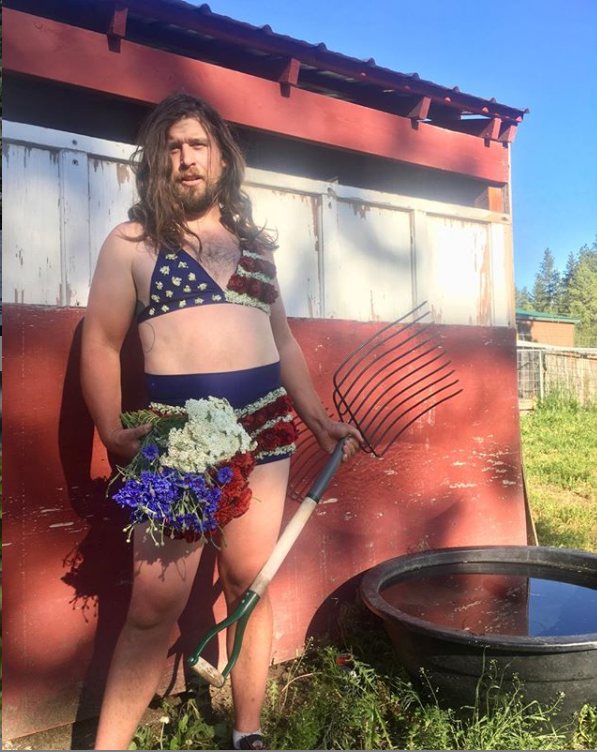
I think you’ll pick up on the fact that Jamie is personable, committed to excellent customer service, and a whole lot of fun. As he shares, the Killing Frost model is based on one originated by Ralph Thurston and Jeriann Sabin, founders and former owners of Bindweed Flower Farm.
Our conversation is an honest one and I appreciate Jamie’s transparency about the challenges of building a bucket truck route in a marketplace where customers have not had access to locally-grown flowers for decades. As he told me earlier: “We need them more than they need us. If you get that notion, Jamie said, you’ll be rewarded, because remember: they have just been buying flowers from someone else for nine months of the year.“
Find and follow Killing Frost Farm on Instagram

Thank you so much for joining me today! At the end of our interview, I had a big grin on my face — Jamie has a way of lifting my spirits. I hope you pick up on his enthusiasm and passion for getting more Montana-grown flowers in to the hands of the state’s florists on a regular basis. As he told me about his sales and customer service strategy: “We have to make it as convenient for them as possible. We are really lucky that they want to buy our flowers.”
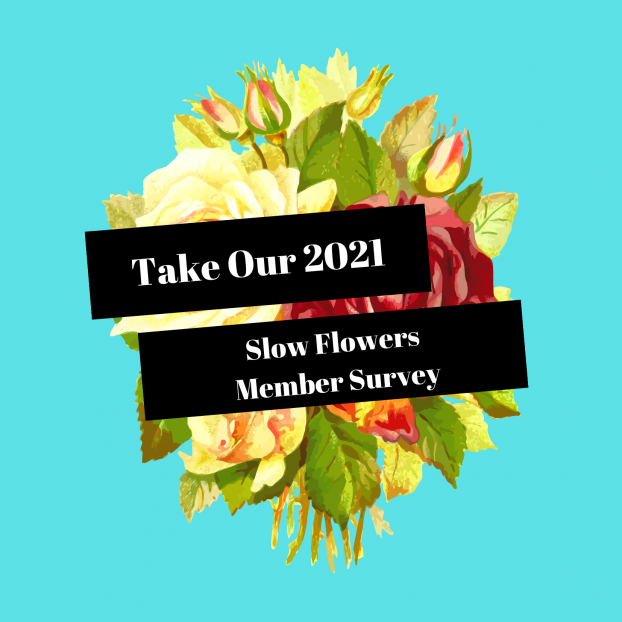
Before I close, I want to highlight a couple of items and ask you to keep an eye out for our October happenings. Our October newsletter launches this week, as does our 2021 member survey. I hope you take a moment to click on the survey if it lands in your in-box — we are eager to glean insights and input from you to help shape the coming year’s themes and programs. To sweeten the deal and thank you for your investment of valuable time, we will send a special gift to everyone who completes the survey. And all respondents who complete the survey and share their contact information with us will be entered into a drawing for a full registration to the 2021 Slow Flowers Summit, valued at $599.
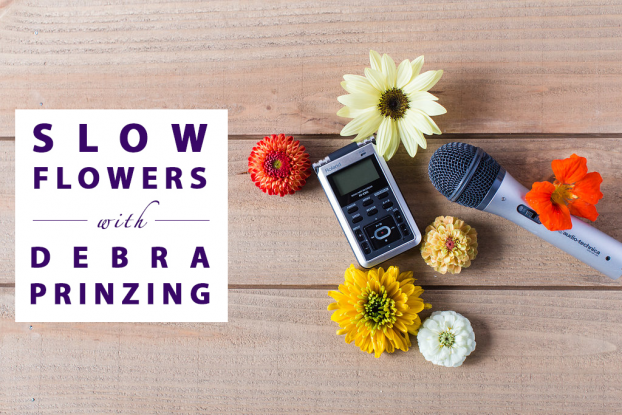
The Slow Flowers Podcast has been downloaded more than 645,000 times by listeners like you. Thank you for listening, commenting and sharing – it means so much.
As our movement gains more supporters and more passionate participants who believe in the importance of the American cut flower industry, the momentum is contagious. I know you feel it, too. I value your support and invite you to show your thanks and with a donation to support my ongoing advocacy, education and outreach activities. You can find the donate button in the column to the right.
Thank you to our Sponsors
This podcast is brought to you by Slowflowers.com, the free, nationwide online directory to florists, shops, and studios who design with American-grown flowers and to the farms that grow those blooms. It’s the conscious choice for buying and sending flowers.
And thank you to Florists’ Review magazine. I’m delighted to serve as Contributing Editor for Slow Flowers Journal, found in the pages of Florists’ Review. Read our stories at slowflowersjournal.com.
The Gardener’s Workshop, which offers a full curriculum of online education for flower farmers and farmer-florists. Online education is more important this year than ever, and you’ll want to check out the course offerings at thegardenersworkshop.com.
Mayesh Wholesale Florist. Family-owned since 1978, Mayesh is the premier wedding and event supplier in the U.S. and we’re thrilled to partner with Mayesh to promote local and domestic flowers, which they source from farms large and small around the U.S. Learn more at mayesh.com.
Association of Specialty Cut Flower Growers. Formed in 1988, ASCFG was created to educate, unite, and support commercial cut flower growers. It mission is to help growers produce high-quality floral material, and to foster and promote the local availability of that product. Learn more at ascfg.org.
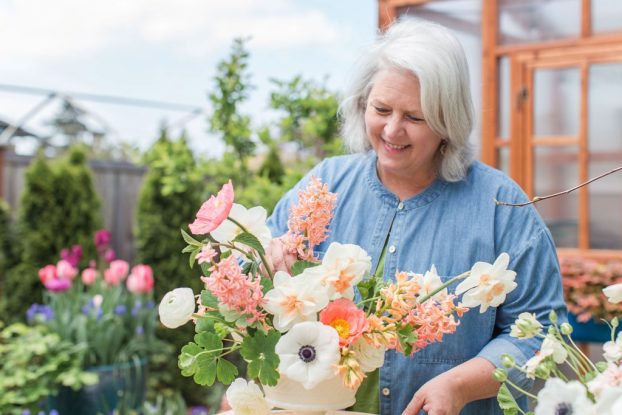
I’m Debra Prinzing, host and producer of the Slow Flowers Podcast. Next week, you’re invited to join me in putting more American grown flowers on the table, one vase at a time. And If you like what you hear, please consider logging onto iTunes and posting a listener review.
The content and opinions expressed here are either mine alone or those of my guests alone, independent of any podcast sponsor or other person, company or organization.
The Slow Flowers Podcast is engineered and edited by Andrew Brenlan. Learn more about his work at soundbodymovement.com.
Music Credits:
Turning on the Lights; Gaena
by Blue Dot Sessions
http://www.sessions.blue
Lovely by Tryad
http://tryad.bandcamp.com/album/instrumentals
http://creativecommons.org/licenses/by-sa/3.0/
In The Field; River Meditation
audionautix.com










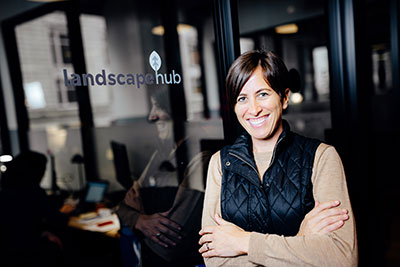
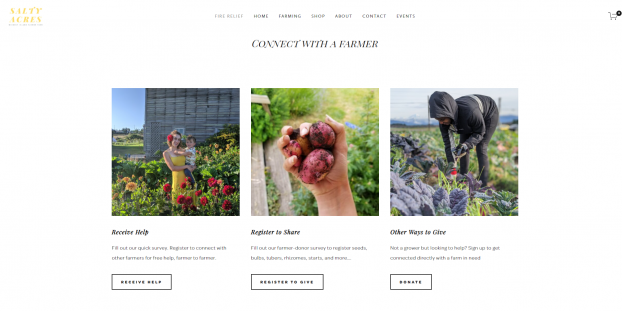
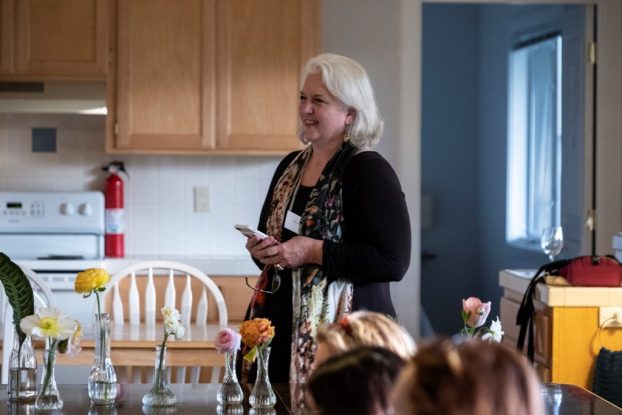
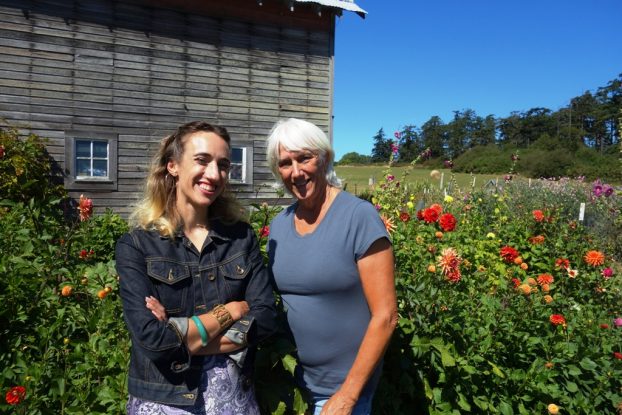
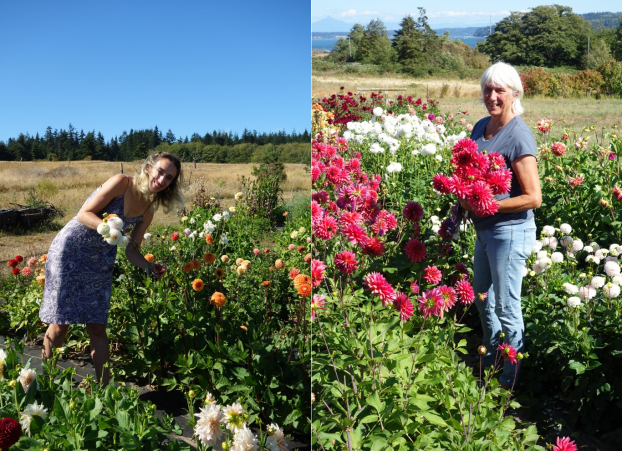
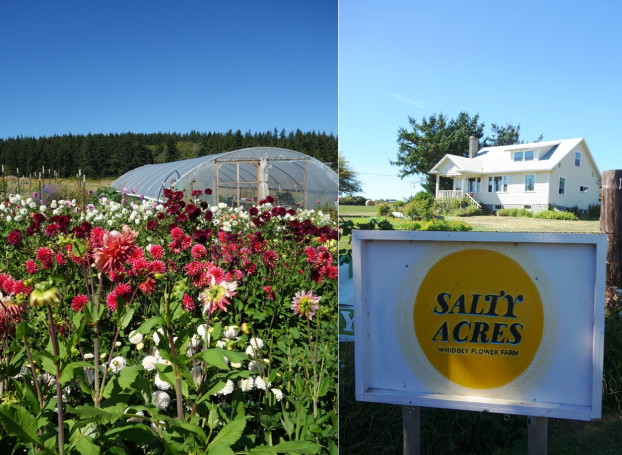
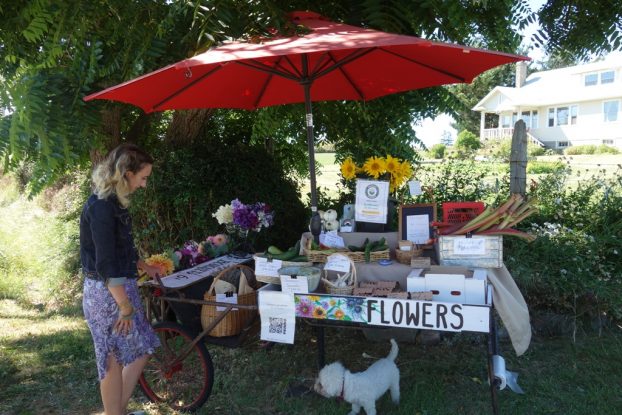
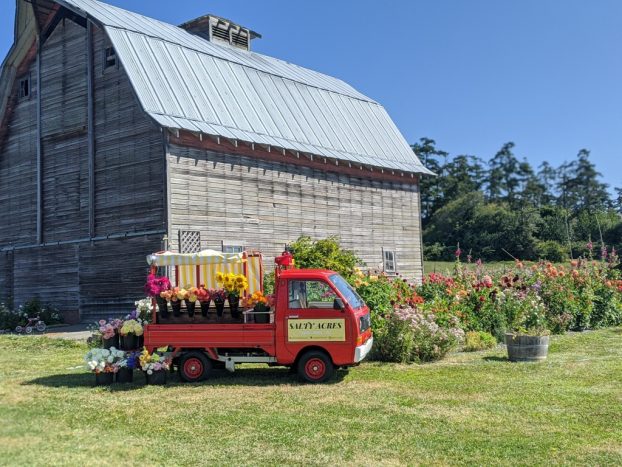
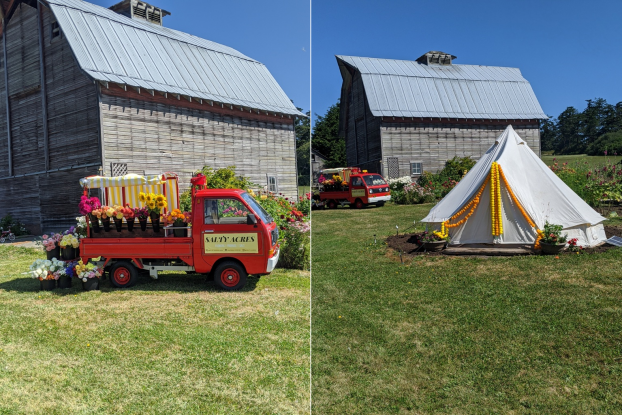
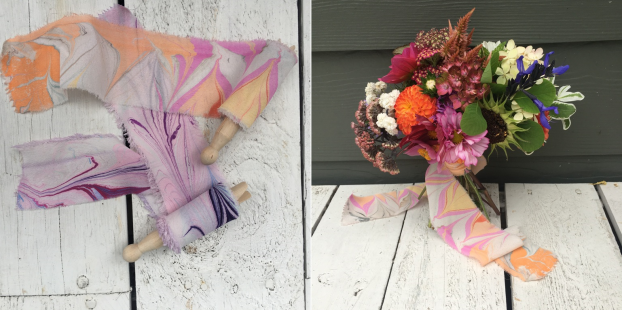
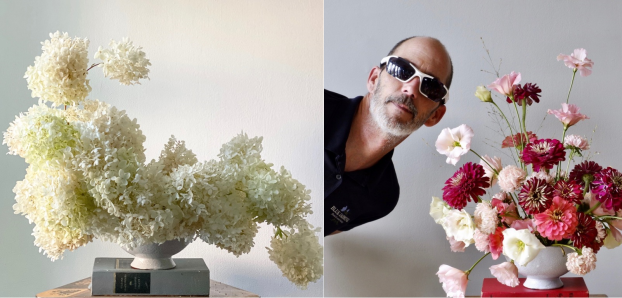
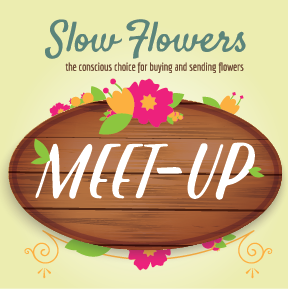
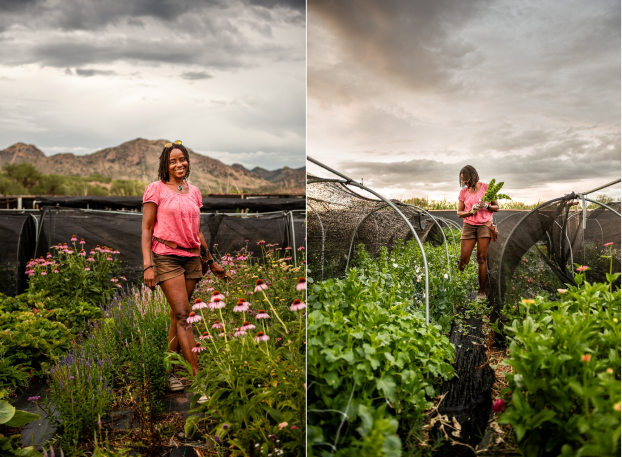

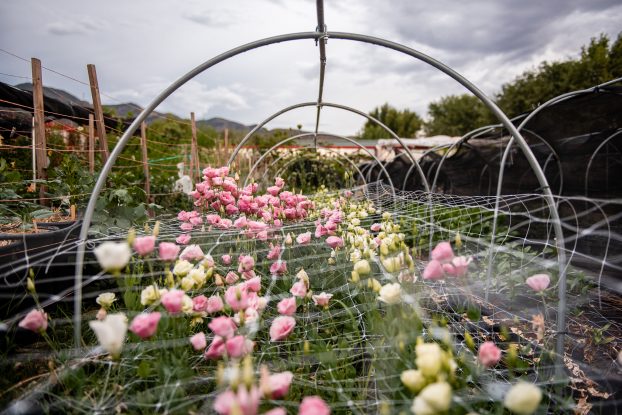
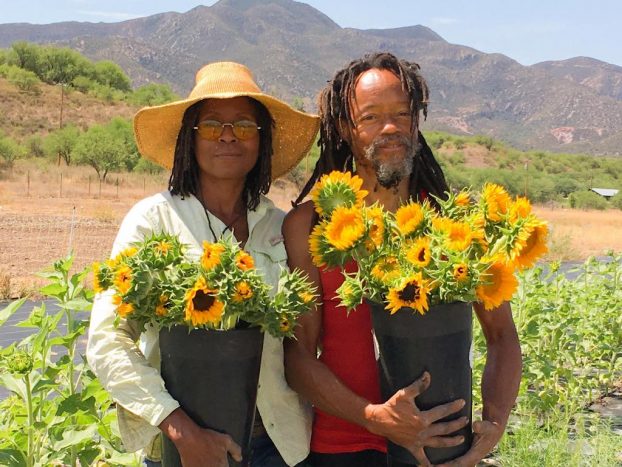
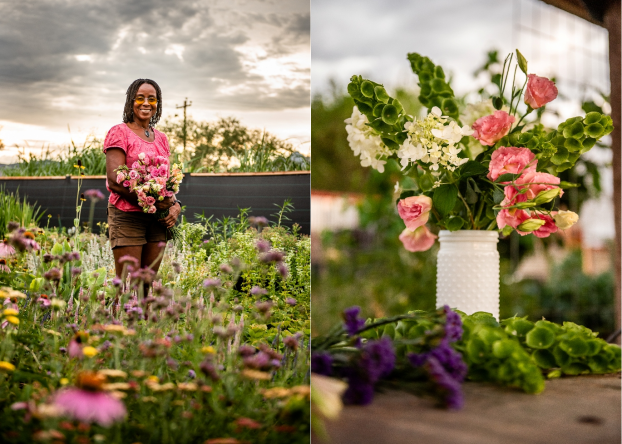
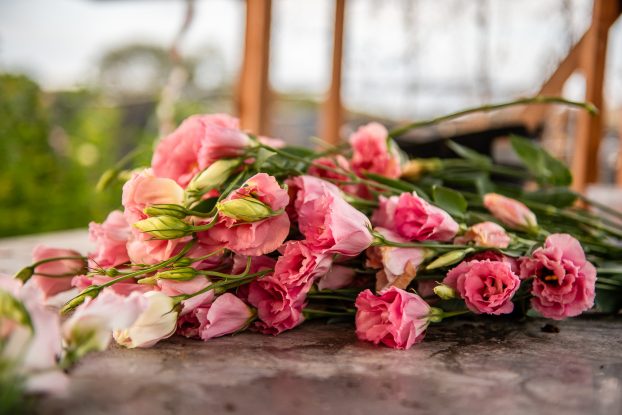
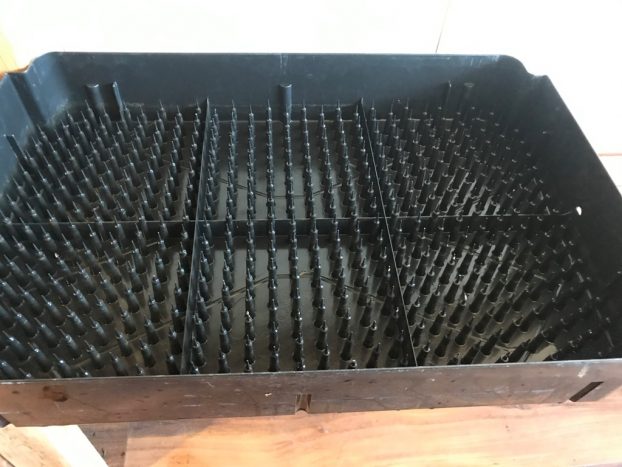
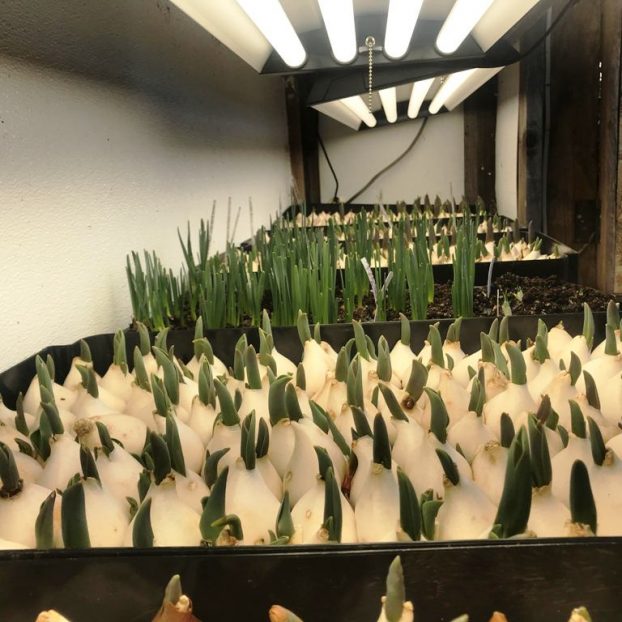
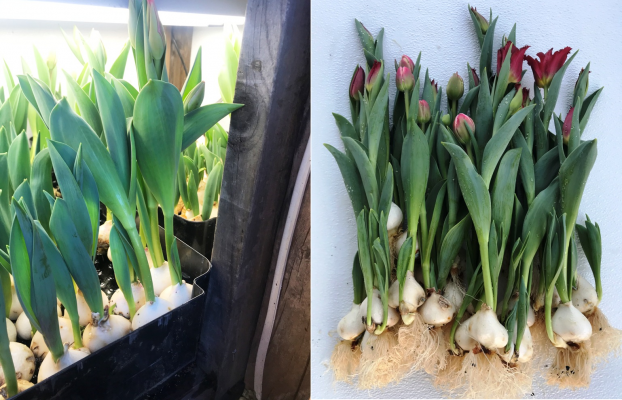
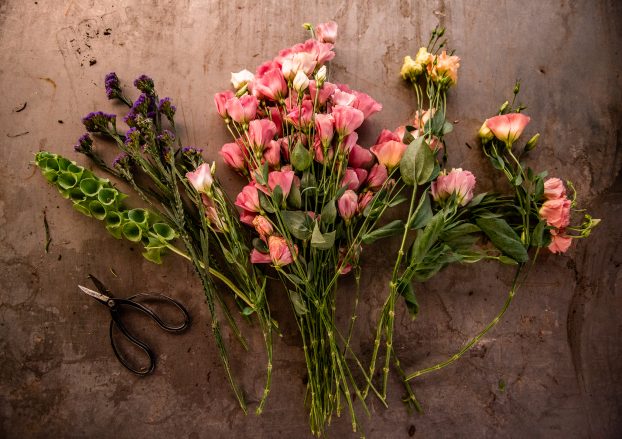
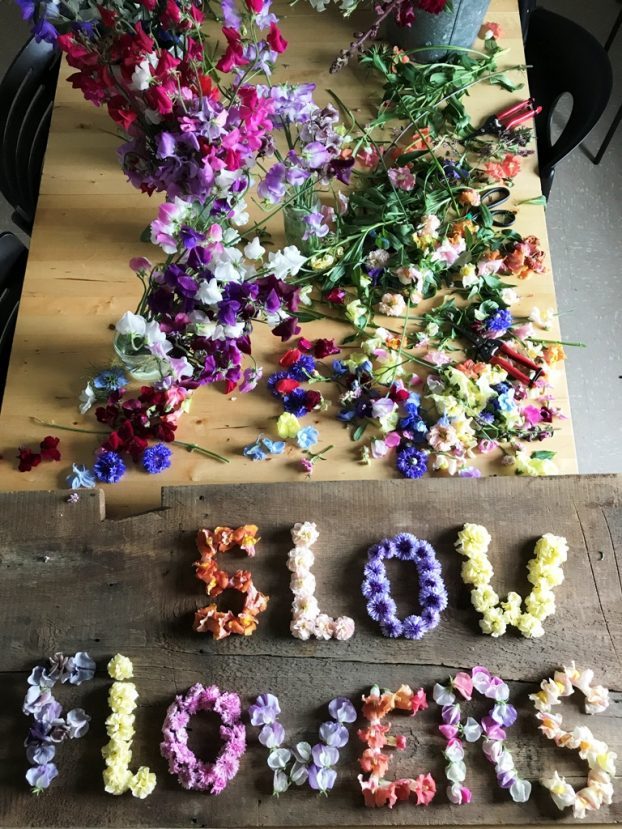
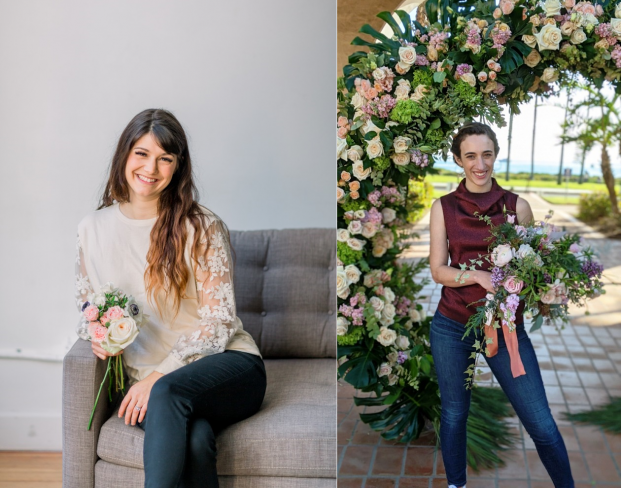
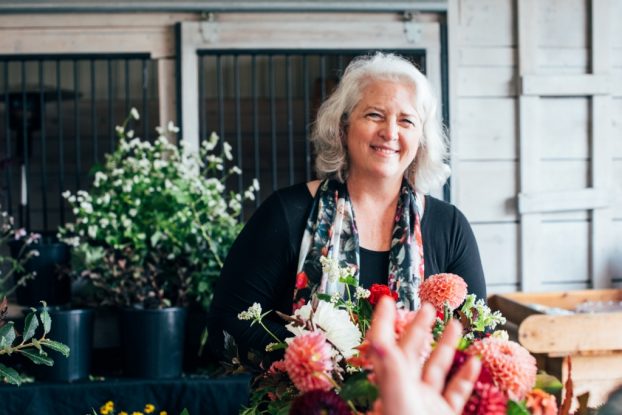
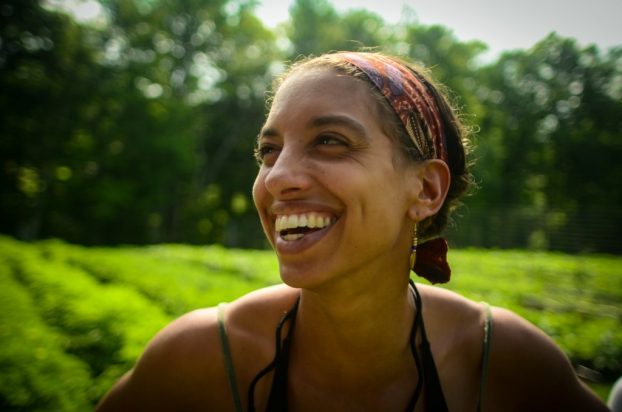
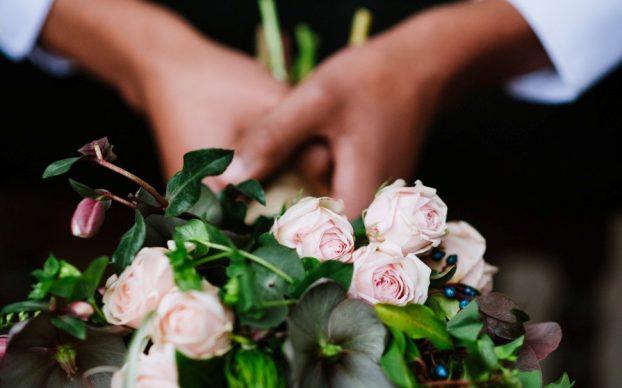
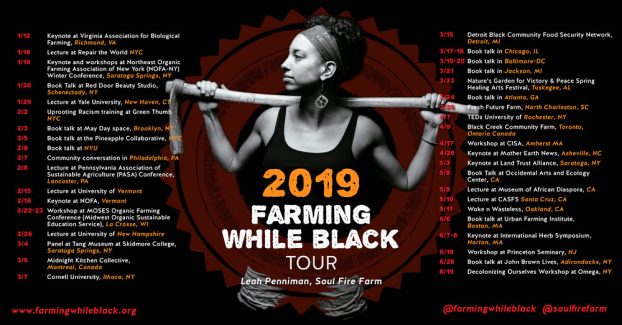
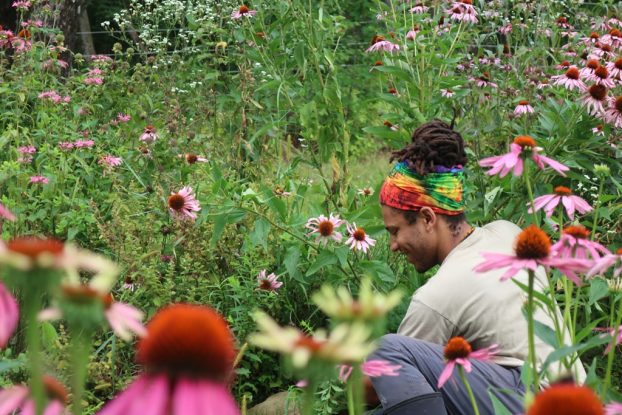
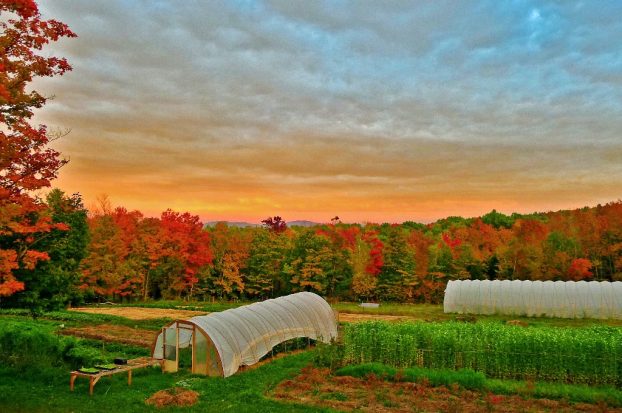
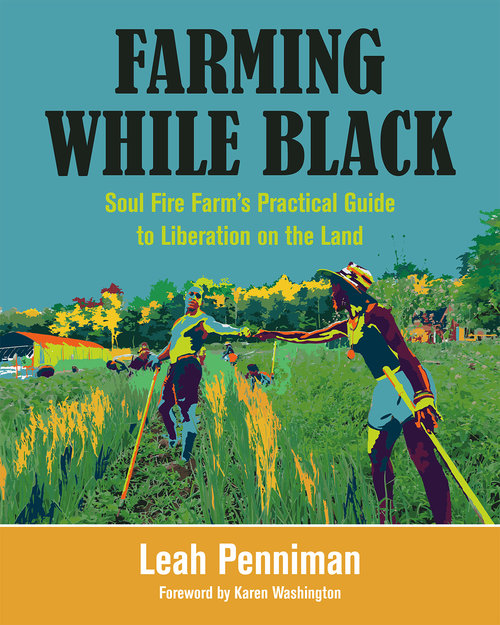
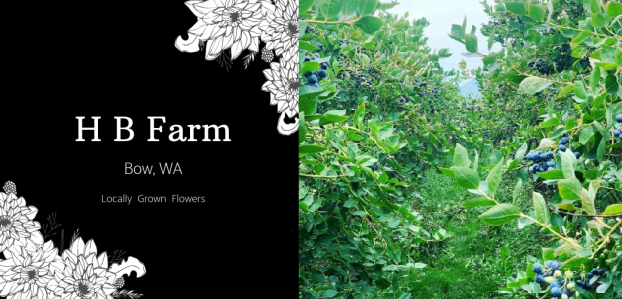
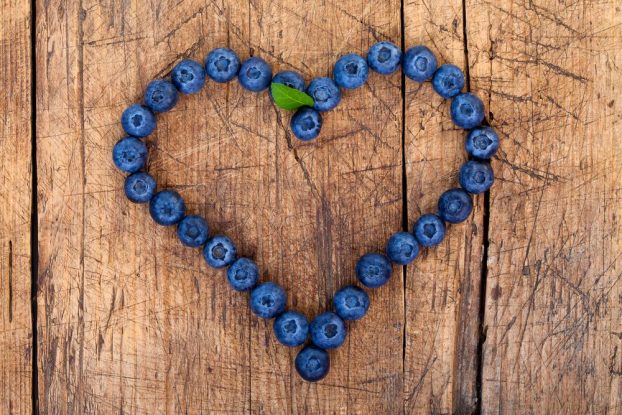
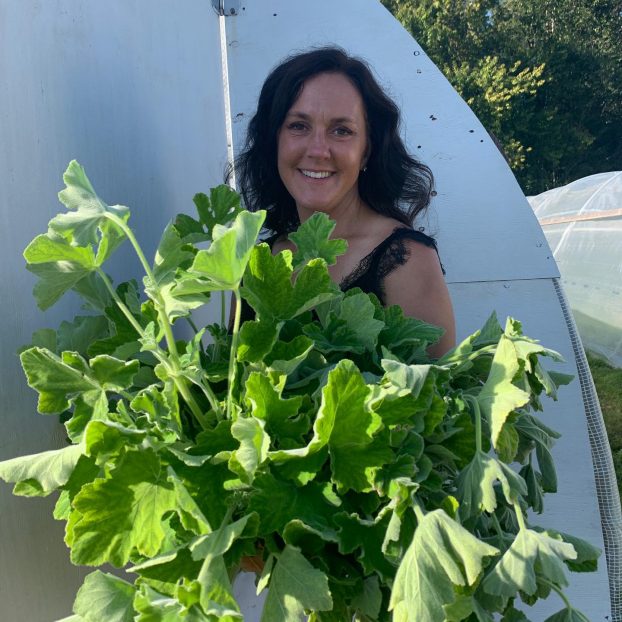
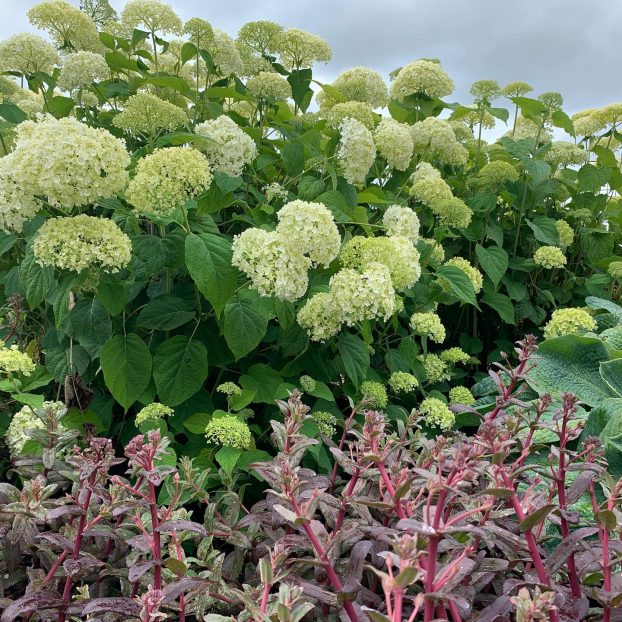
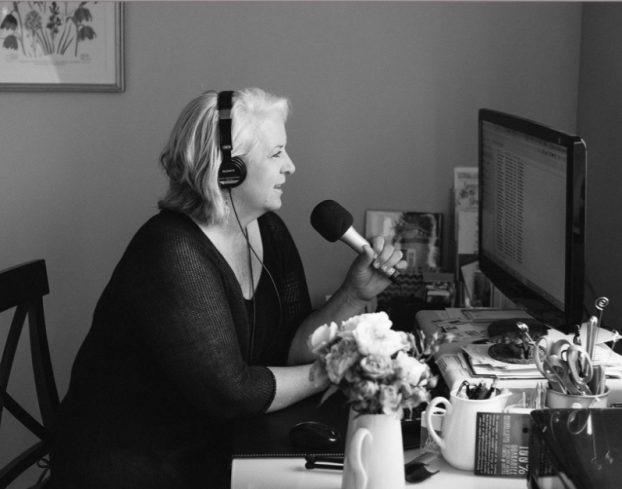
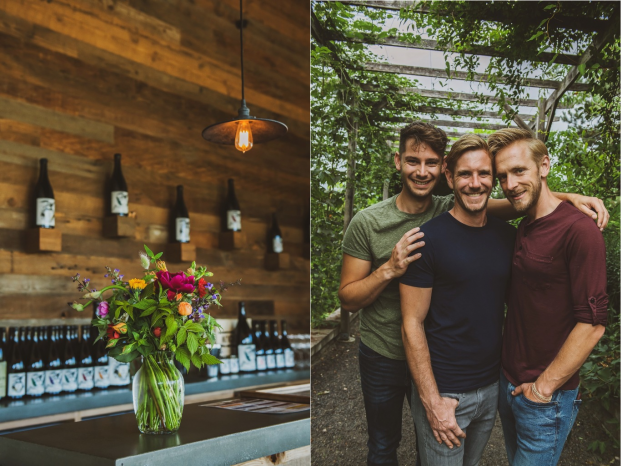
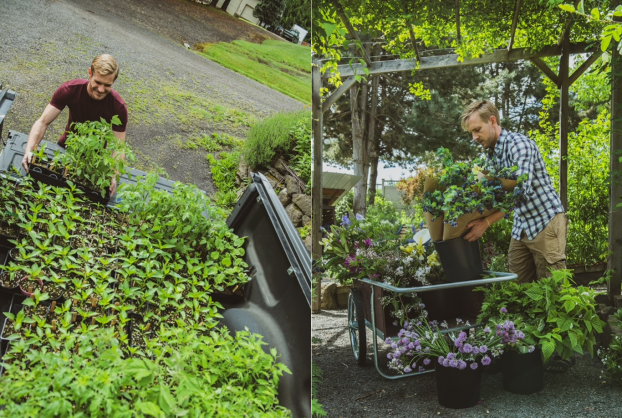
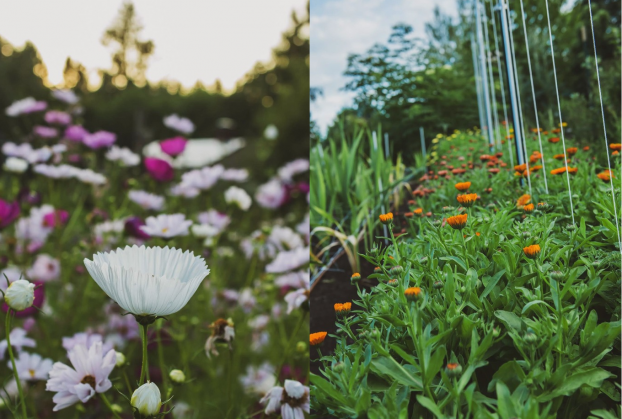
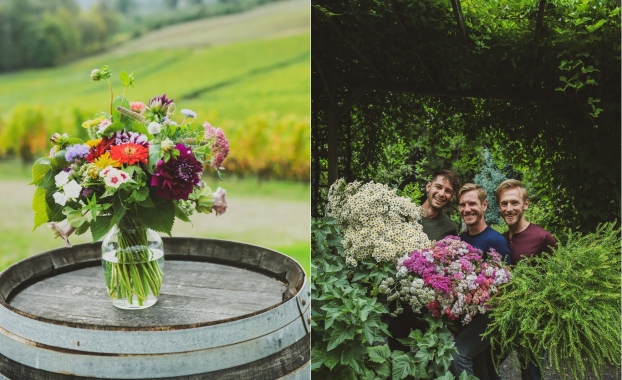
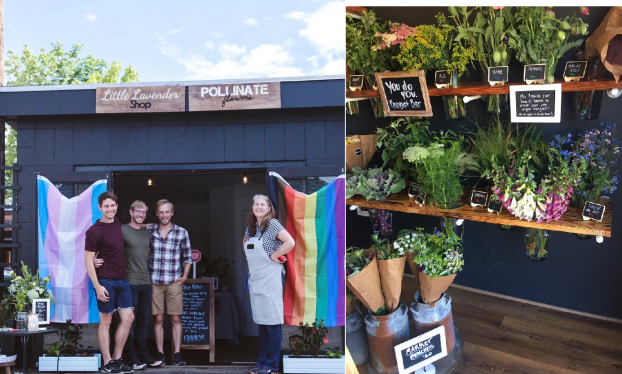
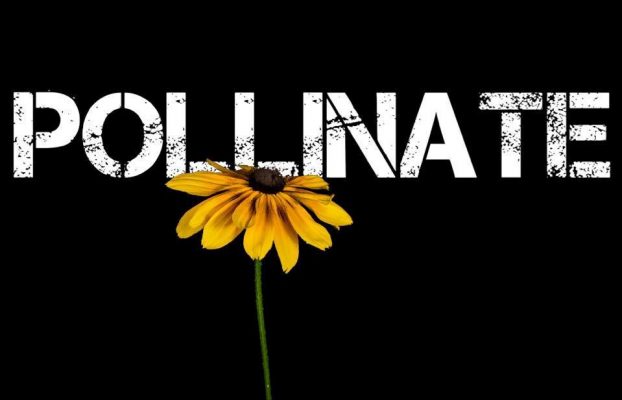
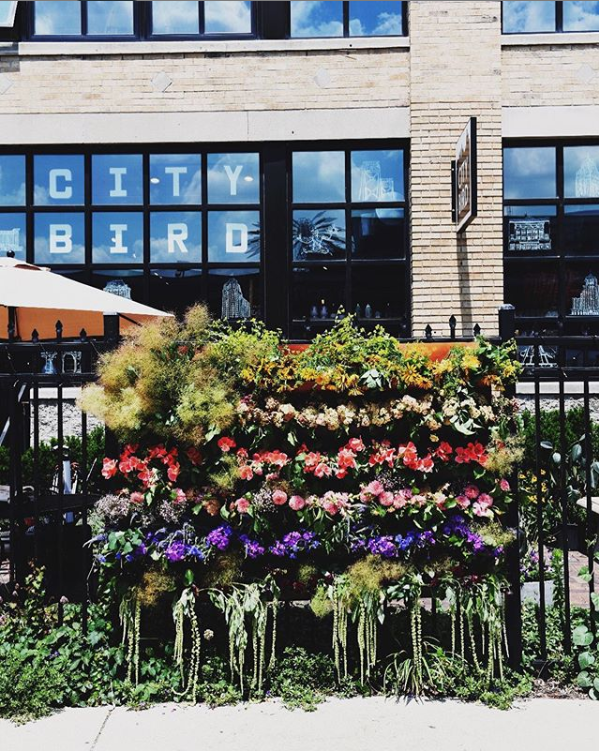
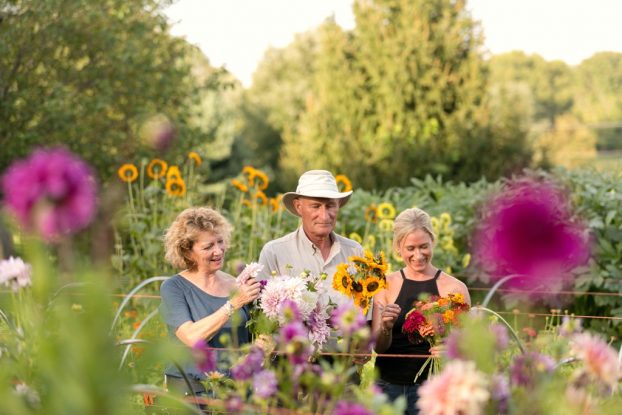
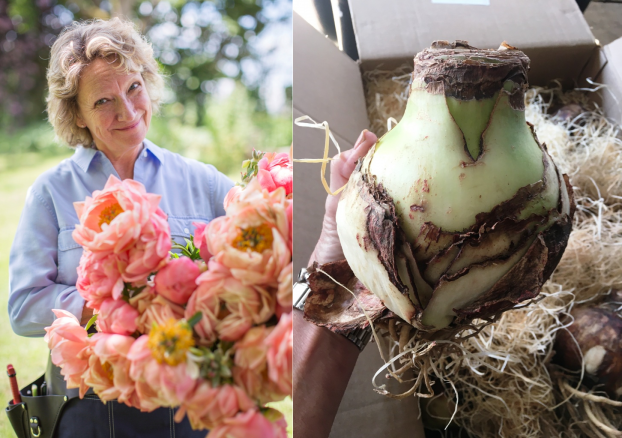
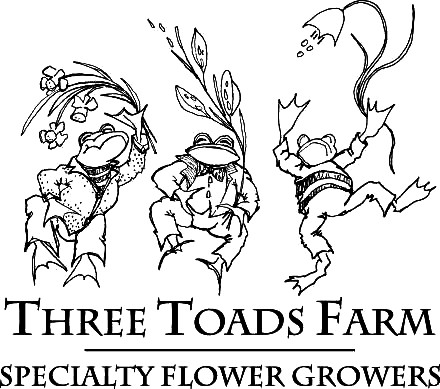
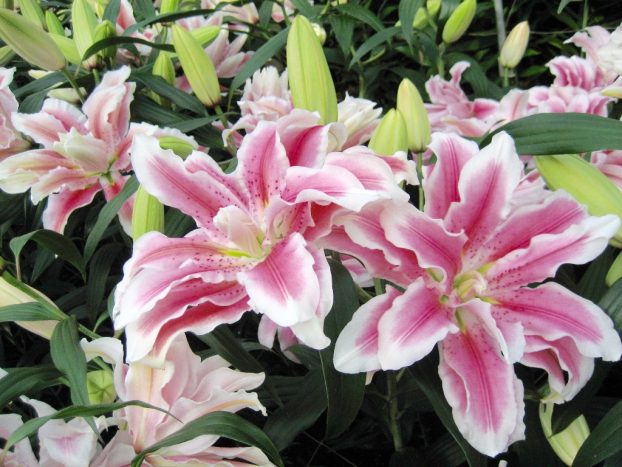
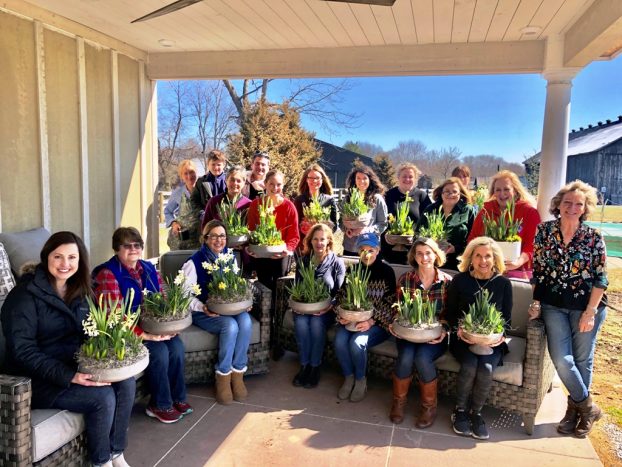
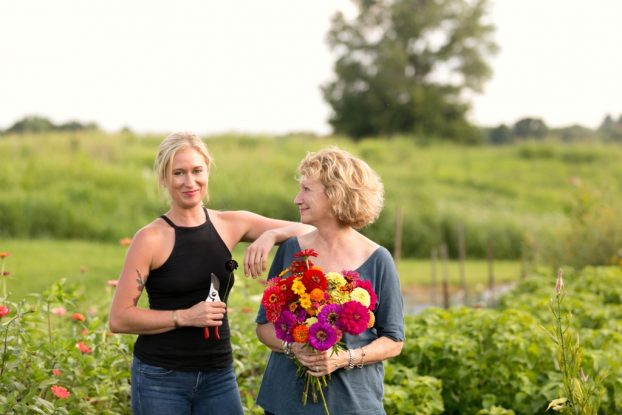
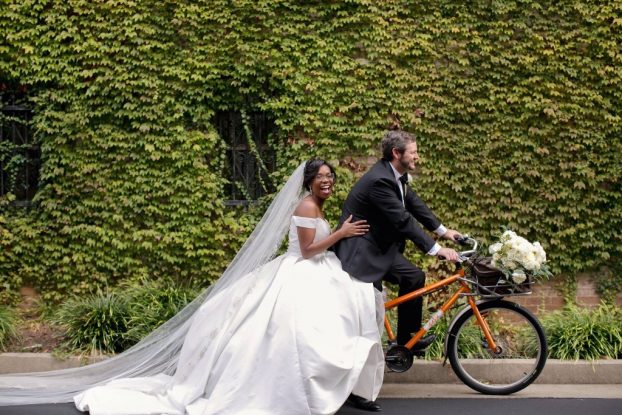
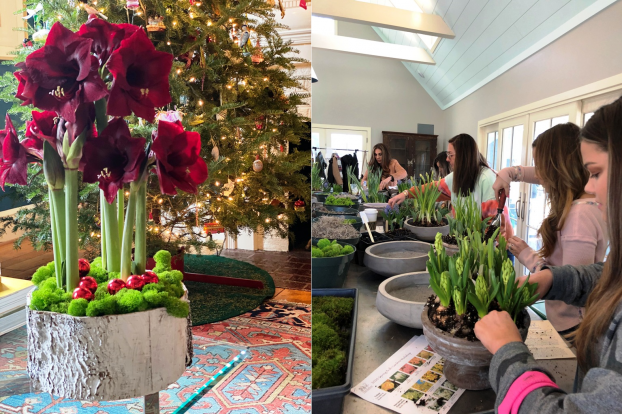
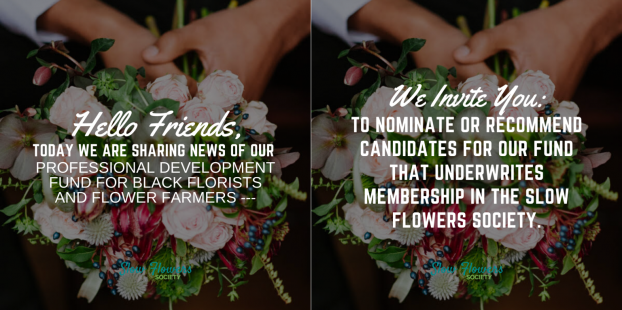
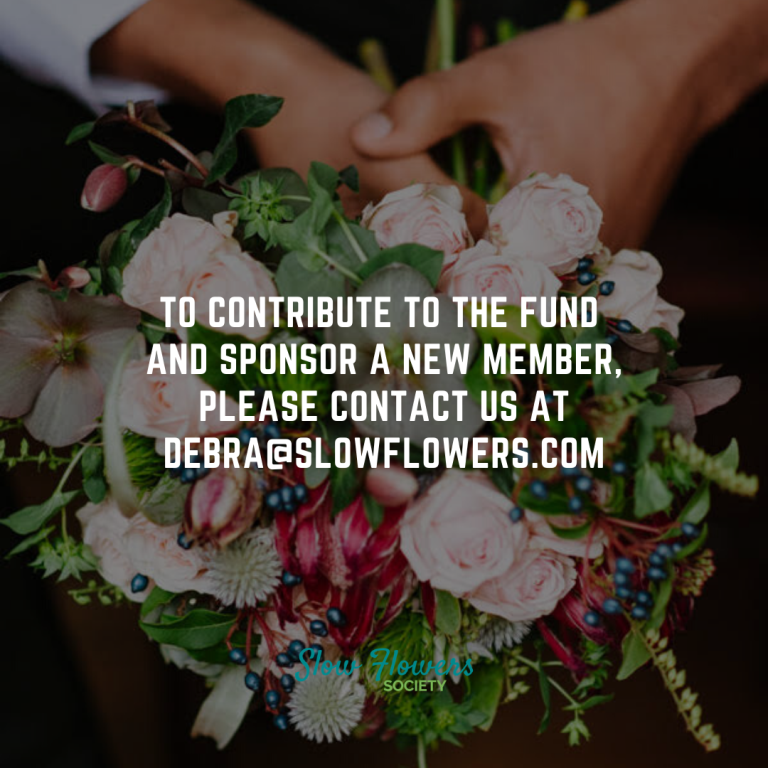 Thanks so much for joining today’s conversation. Last week, I announced the establishment of a Professional Development Fund to grow our membership of Black flower farmers and florists. This is an intentional step to ensure that Slow Flowers is more representational and inclusive. I want to think our first two contributors, Lisa Waud of Lisa Waud Botanical Artist and author Jennifer Jewell, host of the popular public radio program Cultivating Place.
Thanks so much for joining today’s conversation. Last week, I announced the establishment of a Professional Development Fund to grow our membership of Black flower farmers and florists. This is an intentional step to ensure that Slow Flowers is more representational and inclusive. I want to think our first two contributors, Lisa Waud of Lisa Waud Botanical Artist and author Jennifer Jewell, host of the popular public radio program Cultivating Place.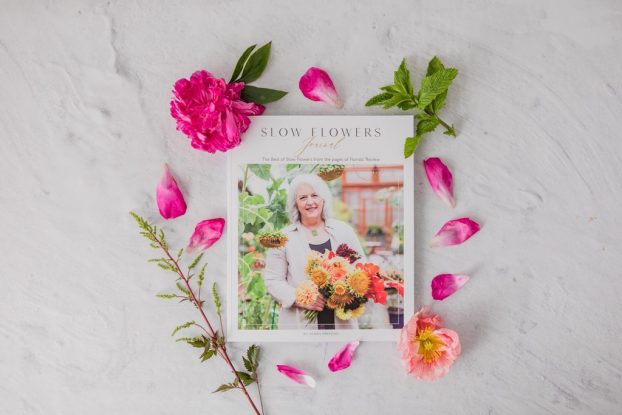
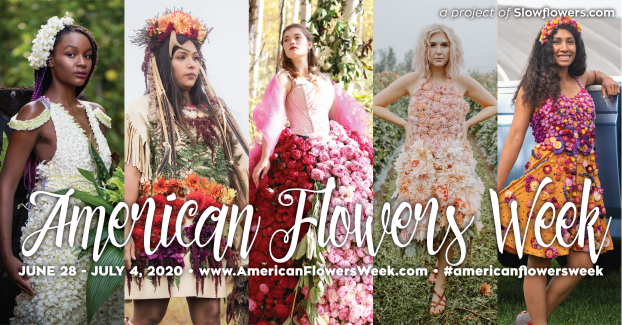
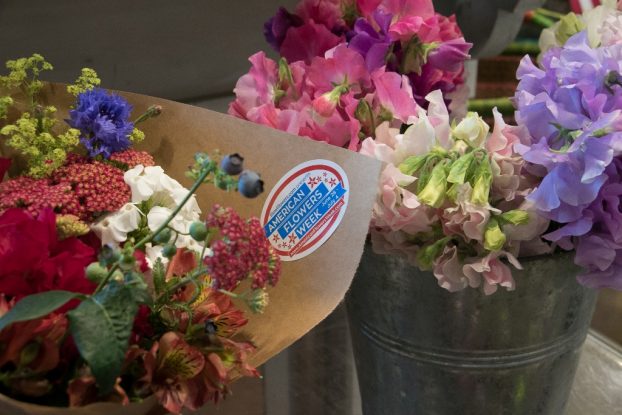

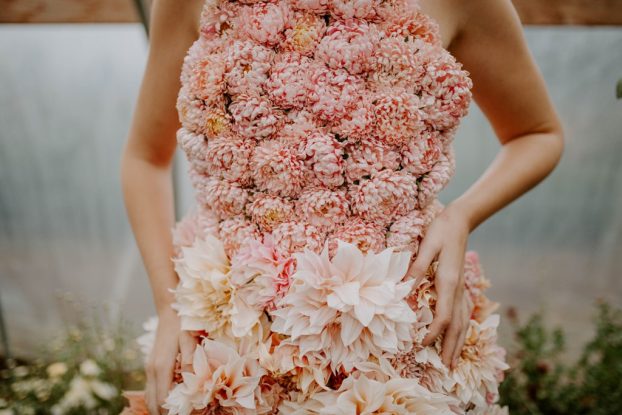
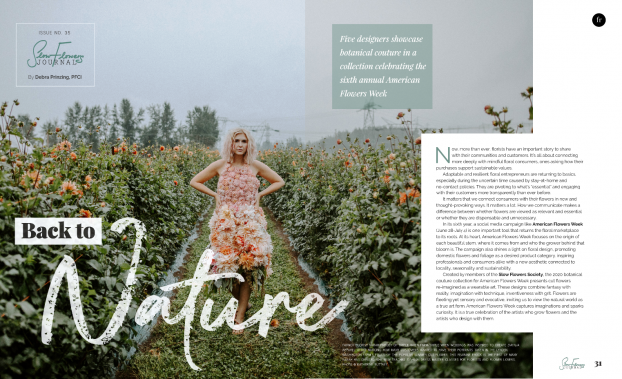
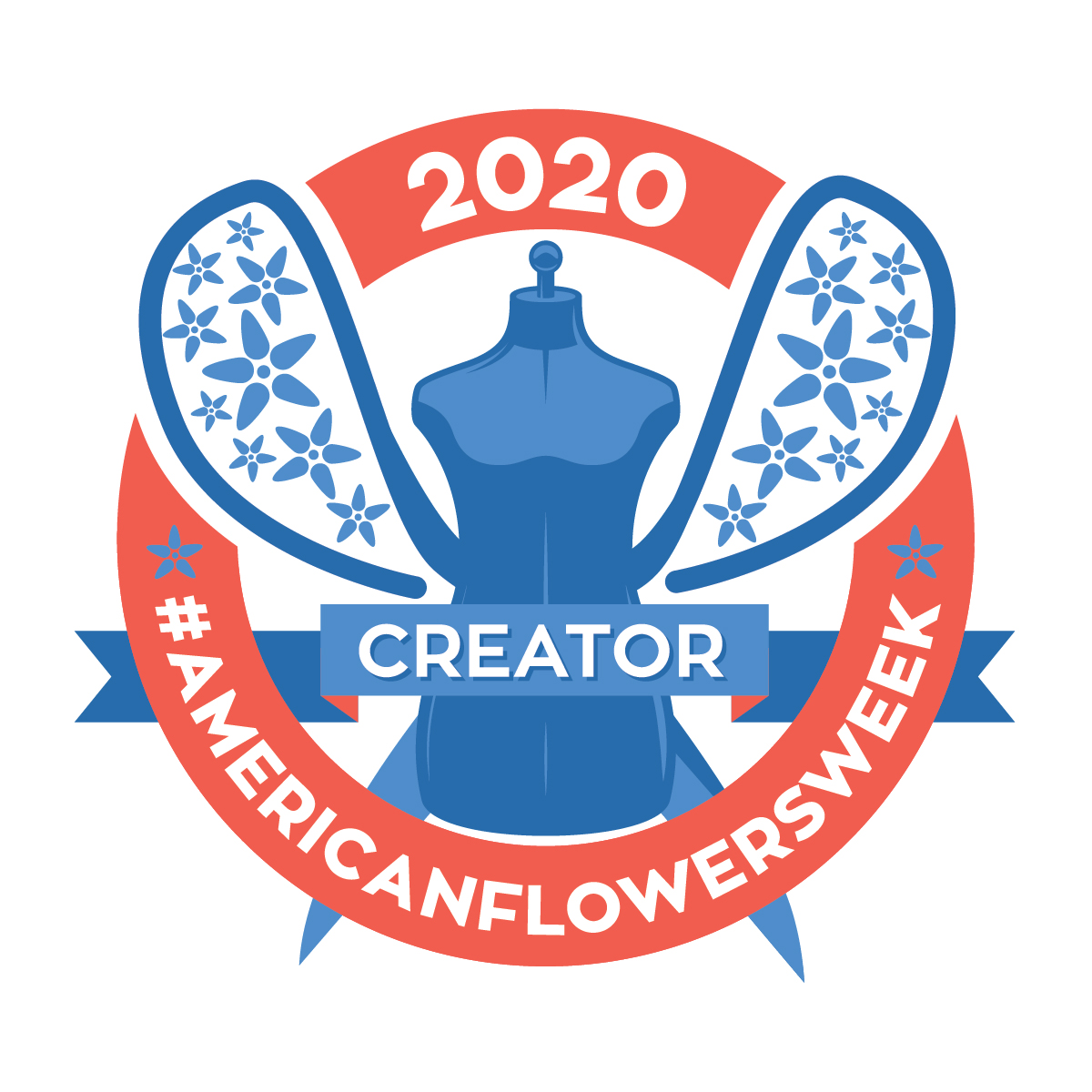 At its heart, American Flowers Week focuses on the origin of each beautiful stem, where it comes from and who is the grower behind that bloom. The campaign also shines a light on floral design, promoting domestic flowers and foliage, inspiring professionals and consumers alike with a new aesthetic connected to locality, seasonality and sustainability.
At its heart, American Flowers Week focuses on the origin of each beautiful stem, where it comes from and who is the grower behind that bloom. The campaign also shines a light on floral design, promoting domestic flowers and foliage, inspiring professionals and consumers alike with a new aesthetic connected to locality, seasonality and sustainability.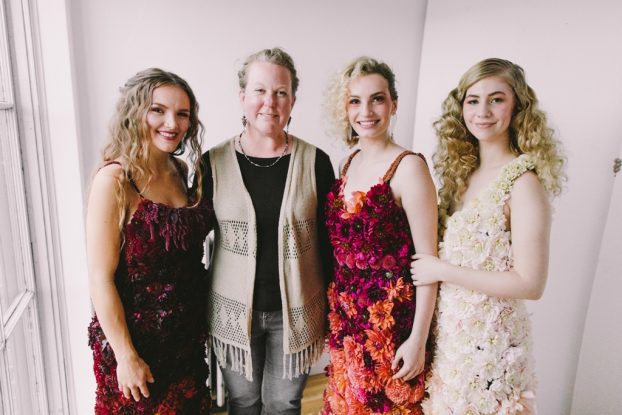
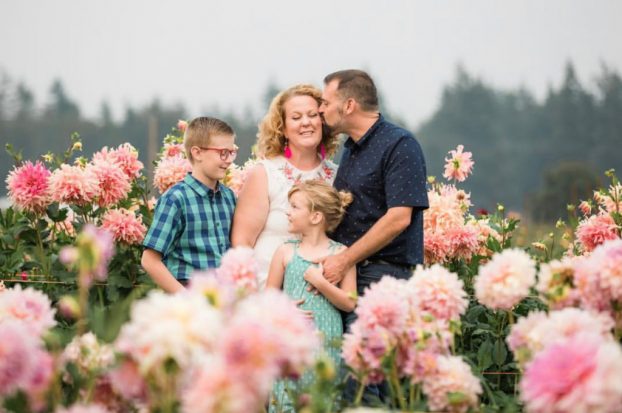
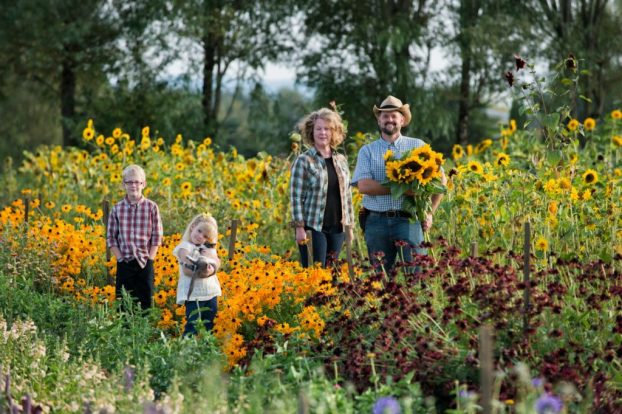
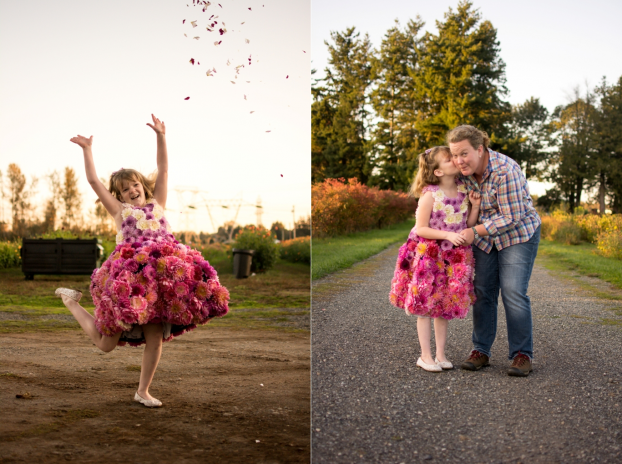
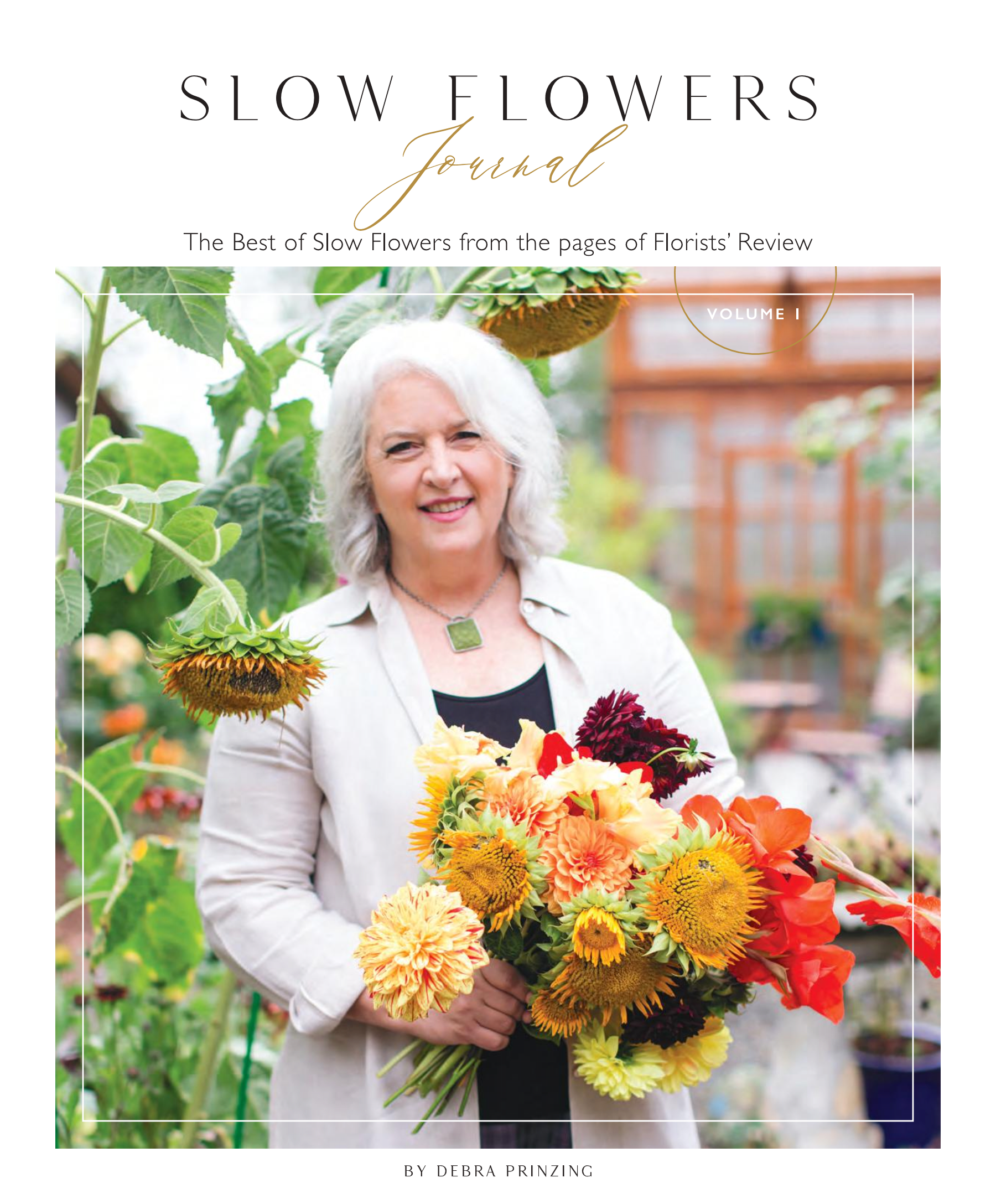 Eighty Slow Flowers members are featured in its pages and we will share a big reveal of this beautiful, 128-page book, published by our partners at Wildflower Media/Florists’ Review.
Eighty Slow Flowers members are featured in its pages and we will share a big reveal of this beautiful, 128-page book, published by our partners at Wildflower Media/Florists’ Review. 